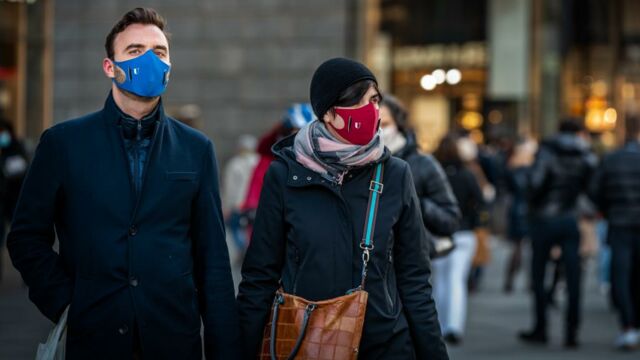Records from the Office for National Statistics (ONS) show that there have been three times more infections in those who have refused the vaccine compared to double jabbed people.
Discover our latest podcast
Vaccinated people less likely to test positive
Brits who have received both AstraZeneca doses are 54% less likely to get infected than those who are unprotected. The number rises to 66% for Pfizer jab recipients and 76% for those double-jabbed with the Moderna vaccine. Further, one single jab of the coronavirus vaccines available on the market today are strong enough to reduce infections by half.
With these numbers, experts continue to urge people to get jabbed in order to halt the spread of the virus. Reports from the ONS also found that people who had tested positive for the virus in the past had 55% fewer chances of catching COVID.
For those who have an aversion to wearing masks, the chances of becoming afflicted by the respiratory disease increases by 59%. Prof Kevin McConway, Open University statistics expert, explained that:
The headline findings are that vaccinated people were less likely to test positive. Younger people, people who never wore face coverings indoors, and people who had more social contacts were all more likely to test positive.
COVID in the UK today
As of yesterday, 27 September, the UK recorded 37,960 new COVID-19 infections—a 5% rise over the last seven days. Deaths dropped to 40 and patients requiring a hospitalisation were below 7,000 for the first time in a month.
Since rollout of the vaccine became available to those between 12 and 15 years of age, 38,971 vaccines were administered on Sunday, 26 September, alone.















